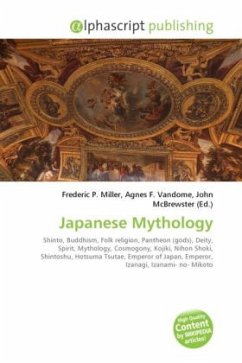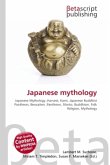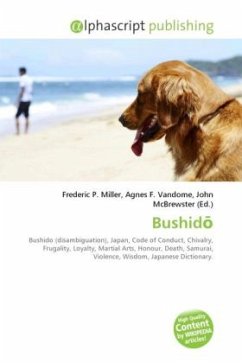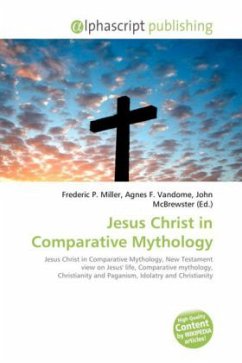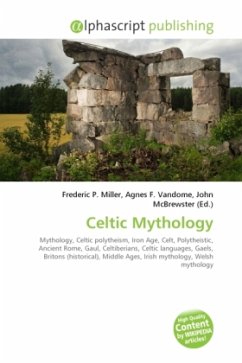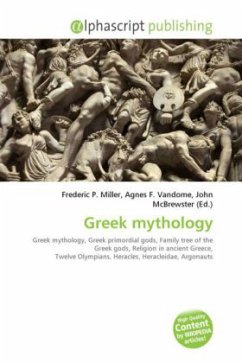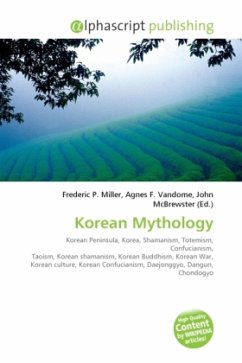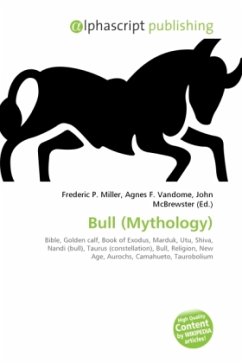Japanese mythology is a system of beliefs that embraces Shinto and Buddhist traditions as well as agriculture-based folk religion. The Shinto pantheon alone consists of an uncountable number of kami (Japanese for "gods" or "spirits"). This article will discuss only the typical elements present in Oriental mythology such as cosmogony, important deities and the best-known Japanese stories. Mainstream Japanese myths, as generally recognized today, are based on the Kojiki, Nihon Shoki and some complementary books. The Kojiki or "Record of Ancient Matters" is the oldest recognized book of myths, legends and history of Japan. The Shintoshu explains origins of Japanese deities from a Buddhist perspective while the Hotsuma Tsutae records a substantially different version of mythology. One notable result of Japanese mythology is that it explains the origin of the Imperial family, and assigned them godhood. The Japanese word for the Emperor of Japan, tenn , means "heavenly emperor".
Bitte wählen Sie Ihr Anliegen aus.
Rechnungen
Retourenschein anfordern
Bestellstatus
Storno

